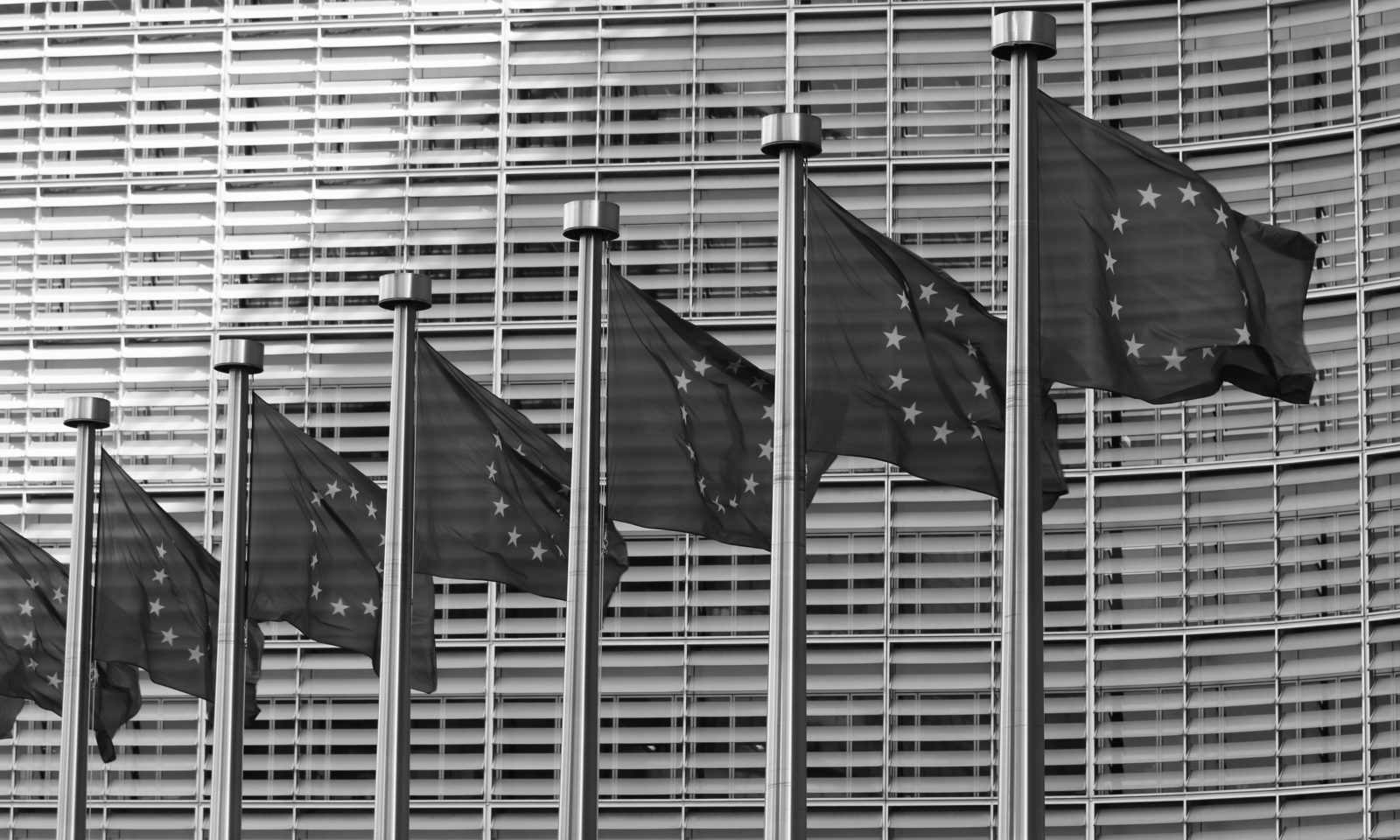European Commission’s consultation paper on Article 17
European Commission has finally published the consultation document on stakeholders’ dialogue regarding the implementation of Article 17 of the Directive (EU) 2019/790 on Copyright and Related Rights on Digital Single Market. The document sums up the stakeholders’ main concerns and sets forth the initial views of the European Commission with the aim to finalise the Commission guidance on Article 17 implementation.
The new Article 17 DSM Directive is one of the most controversial ones, because it introduces a new liability regime for the online content-sharing service providers (online platforms) for the content uploaded by their users. With this, Article 17 invites content overblocking by way of using non-sophisticated filters, which can lead to unjustified infringements of users’ freedom of expression.
In order to discover the best possible way to implement Article 17, the European Commission held six stakeholders dialogues between October 2019 and February 2020, where rightsholders, online platforms, users, consumers, and fundamental rights organisations presented their views.
Now, the Commission has gathered all the stakeholders’ opinions, published them alongside with its own insight, and invited the participants to submit their written views on the document by 10 September 2020. The received feedback will then serve as basis for the Commission’s guide on the best possible implementation of Article 17 DSM Directive.
You can read more about the consultation document here.
It is also interesting to keep an eye on the CJEU Joined YouTube and Cyando Cases (C-682/18 in C-683/18), with AG Øe recently issuing his Opinion on the matter, which could provide answers to the very questions raised by the new Article 17 of the DSM Directive.
The Grand Board of the European Union Intellectual Property Office (EUIPO) finally ruled that the figurative sign ‘COVIDIOT’ cannot be registered as an EU trademark.
The 4th Open Knowledge Day took place on Tuesday 17 October 2023, with an accompanying workshop on 18 October 2023. This year it was organised by the Open Data and Intellectual Property Institute (ODIPI) and supported by Knowledge Rights 21 (KR21).
We invite you to the fourth Open Knowledge Day and the workshop, which will take place this year within the framework of the programme and with the support of Knowledge Rights 21. The event will bring together experts from different European countries to discuss two topics: the first part will deal with the legal basis for data analytics, which is a key part of machine learning and related artificial intelligence, and the general exception for research. In the second part, open science in theory and practice will be presented both in Slovenia and in some Western Balkan countries. Representatives of research and educational institutions from Slovenia and the Western Balkan countries, as well as interested members of the public, are invited to attend.
Dr. Maja Bogataj Jančič, a renowned expert in copyright law, has joined the Berkman Klein Center for Internet & Society at Harvard University, where she will serve as an affiliate researcher for the next two years.





